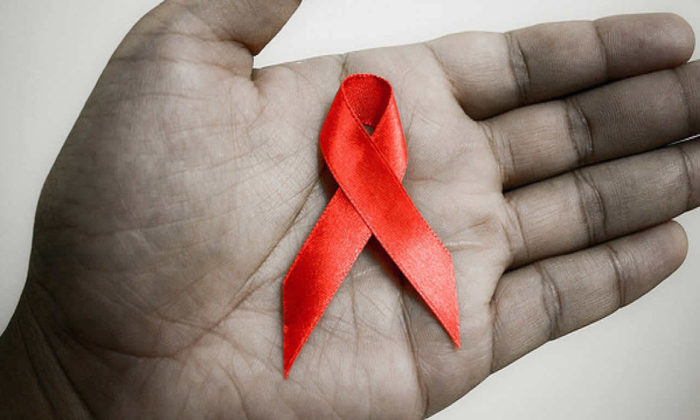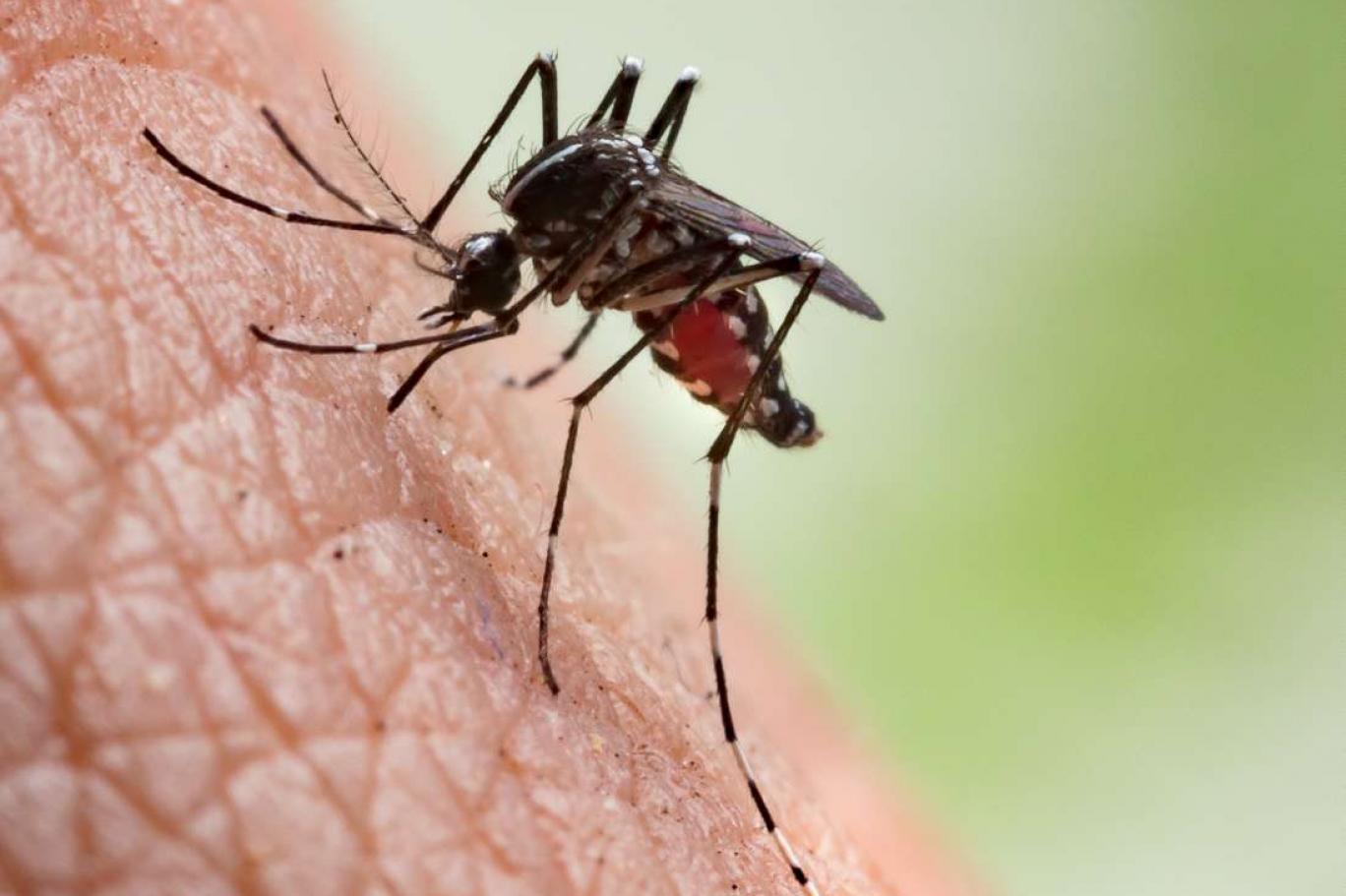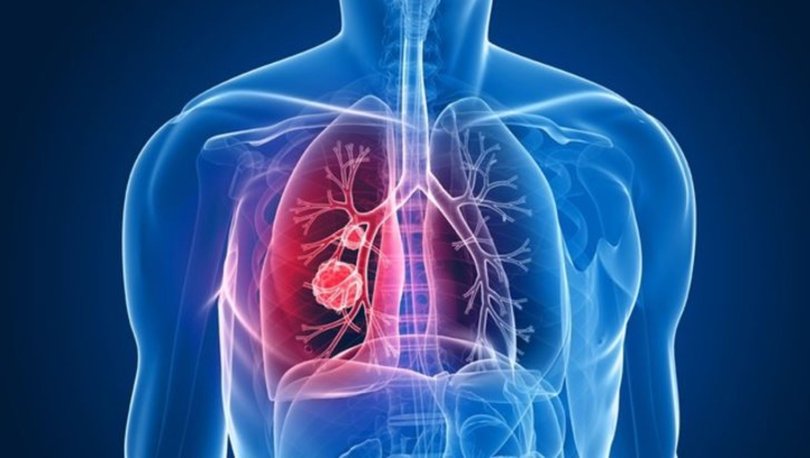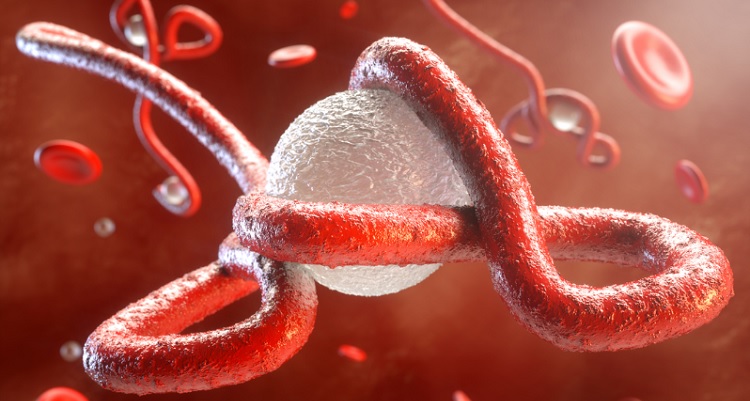Technology is developing day by day. Almost every day, we witness new discoveries and developments in the world of science, and these developments and discoveries can sometimes be quite exciting.
The fact that medical researchers and scientists continue to work to find cures for diseases is perhaps the most important and beneficial aspect brought by the development of technology. As cures for diseases increase, chronic pain sufferers There is also a glimmer of hope for many sick people.
Despite all the efforts and cures for most diseases that caused the death of people in the past, there are still many diseases that cannot be cured permanently. But scientists working in the field of medicine believe that in the not too distant future, they will find a cure for many more diseases that end in death.
6 diseases that the scientific world thinks can be treated in the near future
- Cancer
- HIV/AIDS
- Malaria
- Tuberculosis (TB)
- Alzheimer’s Disease
- Ebola
Cancer
The disease of our age Finding a cure for cancer, which is described as cancer, is the top priority for idealistic doctors working with medical ethics and potential customers of pharmaceutical companies. Although it is a disease that has been researched for many years and devotedly worked to find a cure, unfortunately there is still no valid and definitive cure.
There are already some protective vaccines, such as the HPV vaccine against cervical cancer and the hepatitis vaccine against liver cancer, and although there is no other choice but to develop preventive methods for now, scientists think that a definitive cure for cancer will be found in the near future, due to the advancement of medical discoveries.
HIV/AIDS

AIDS (acquired immune deficiency syndrome) (acquired immune deficiency syndrome), which has proven to be very difficult to treat caused by virus is a disease. Since it is a virus, it can change and reduce its effect by constantly mutating. For this reason, the fact that scientists have to keep the treatment method constantly updated according to the mutation of the virus makes it very difficult to find a definitive treatment.
For now, there is no definitive cure, although there are ways to reduce the effects of the disease and improve the patient’s quality of life. Still, some researchers think that a cure for AIDS will be found in as little as 10 years.
RELATED NEWS
Coronavirus Detected to mutate 32 times in an HIV-positive woman
Malaria

Malaria, a species transmitted by mosquito bites a febrile illness caused by a parasite. Although it is a disease that is not very effective for developed countries and places with a non-tropical climate, it is still a disease in some countries. highly contagious and deadly can possess.
It can be treated with prescription drugs to kill the parasite that causes malaria, but there is no sure way to prevent fatal outcomes. Although a recently developed vaccine has a 46% effect, scientists believe it will become curable for sure.
Tuberculosis (TB)

Tuberculosis, also known as tuberculosisis a disease that affects the lungs and is fatal if left untreated. Although the risk of death has been considerably reduced with early diagnosis and various treatment methods today, very resistant to vaccines and antibiotics Because it is a disease, it can lead to death in cases such as not being diagnosed early. Scientists and medical researchers are very hopeful to develop a definitive treatment for this disease.
Alzheimer’s

Alzheimer’s, progressing due to the death of brain cells over time and most common type of dementia a neurological disease. Although there is no definitive treatment method so far, there are treatment methods that are hopeful.
In recent months, the American Food and Drug Administration (FDA) for the first time in 20 years Approved a drug that offers a new treatment for Alzheimer’s disease. While there are scientists who don’t think this drug is effective, researchers are hopeful of finding a definitive cure.
RELATED NEWS
How You Drive Could Tell You If You Have Alzheimer’s
6. Ebola

Ebola in 2014 in West Africa It is a viral disease that has affected many countries in the size of an epidemic and can be fatal. highly contagious It has been very difficult to control during the epidemic period. Although Africa is the place where it is effective, it is highly likely to be seen in our country after international travels.
by the World Health Organization 4. risk group pathogen in other words, it was determined as a high individual and social risk group. Currently, there is no preventive or preventive treatment for the pathogens that cause Ebola virus, because it is a virus that is highly resistant to antibiotics and vaccines. Despite this, scientists think that they will be able to find a definitive cure in the near future, as they continue their work devotedly.
